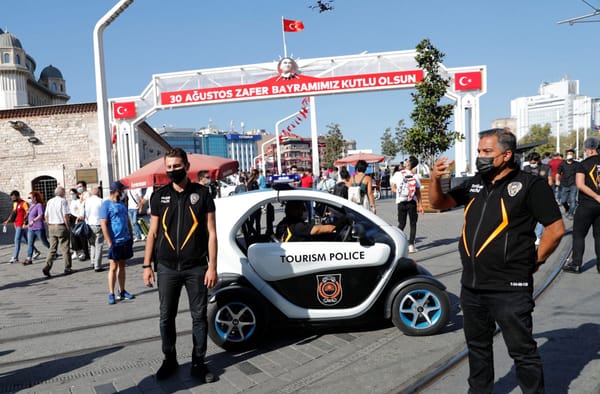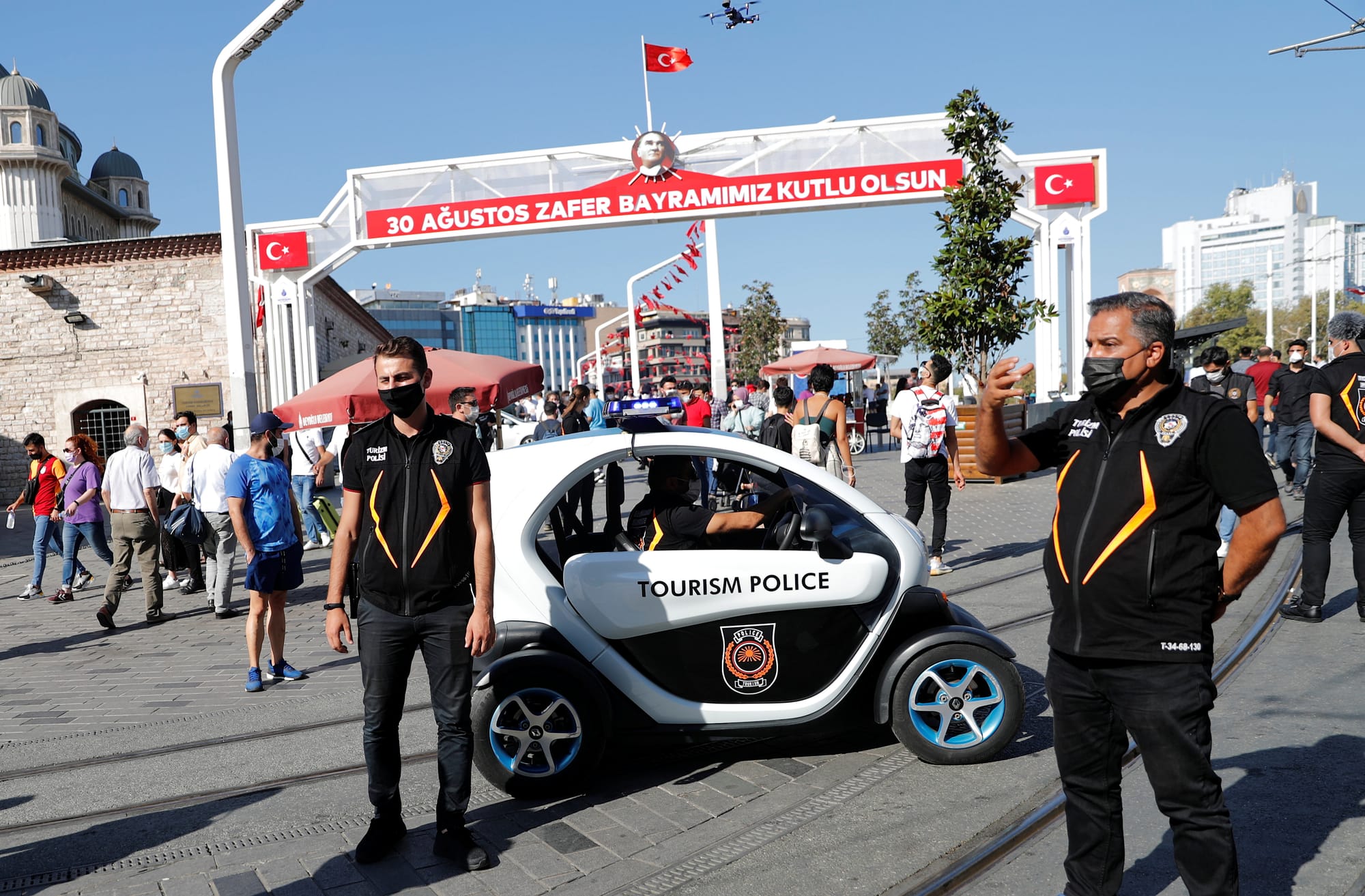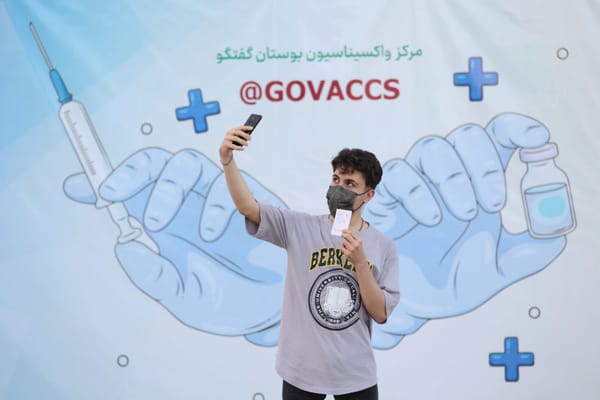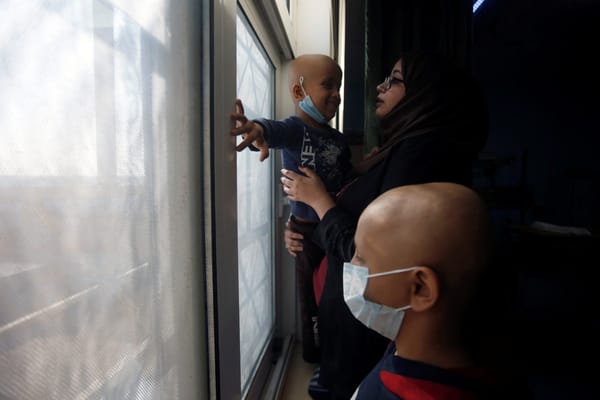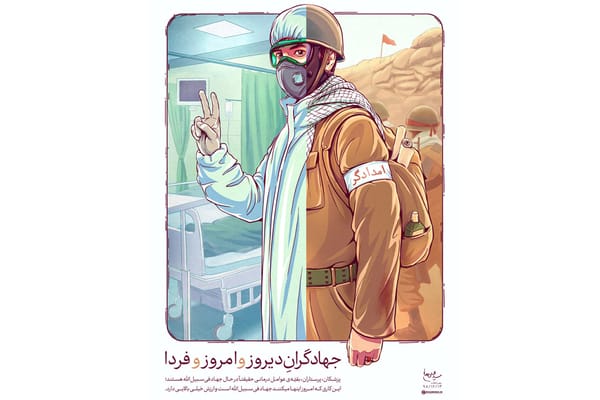Rebranding the Turkish State in the Time of COVID-19
As Turkish scholars residing in the United States when the pandemic began to curtail normal life, Ergin Bulut and Başak Can signed on to take the Turkish government’s evacuation flight home. This experience and their time spent in government-managed quarantine yielded interesting insights into the s
